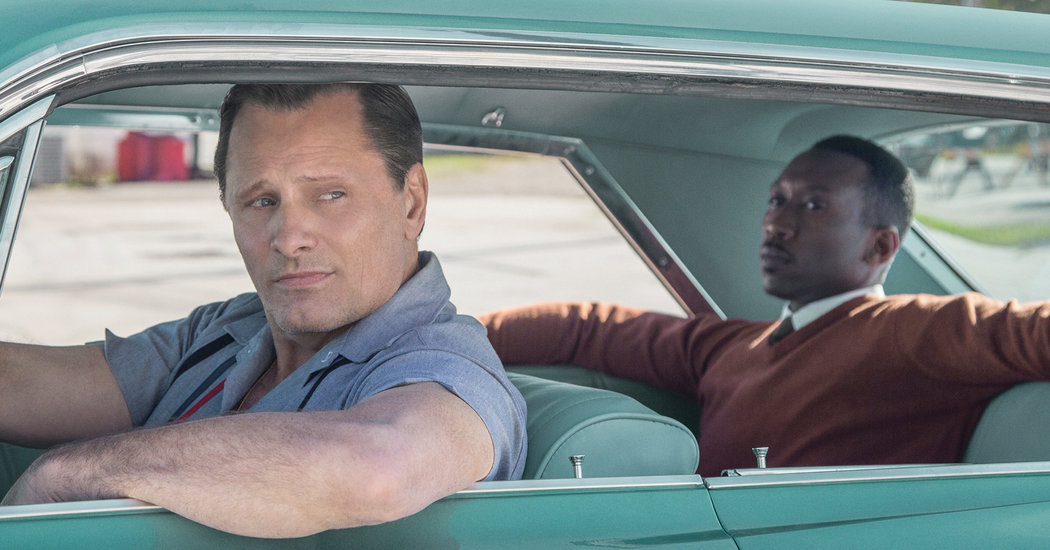
People love to obsess over the Oscars, but they also love to complain about the Oscars. Hundreds of big movies are released each year, so it’s no surprise the Oscar’s don’t always pick the most universally beloved. Thinking realistically, there will never be a time where the Oscars make everybody happy. There will, however, be times where they make most people happy. That’s not what this list is about.
Below, you’ll find the ten most controversial choices for Best Picture. This doesn’t necessarily mean the worst winners. Some years just have really weak lineups so they had to pick something. A lot of the time though, the voters go against the grain by picking movies that really don’t deserve it. Those movies that don’t deserve it belong on this list. In other words, their victory was considered controversial because:
10. How Green Was My Valley
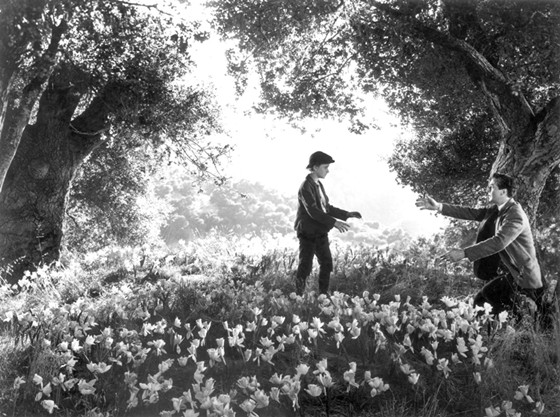
This is more controversial now than it was back in 1942. After all, nobody knew about the impact Citizen Kane would have on the film industry, but time has passed and now we won’t shut up about Orson Welles’s masterpiece.
Meanwhile, there’s not a whole lot of talk about How Green Was My Valley, which ended up winning Best Picture against what is now considered the greatest movie ever made. While the big Oscar winner was added to the National Film Registry, it hasn’t had the same kind of major impact on cinema as whole.
During this stage in cinema history, there wasn’t a whole lot of prior knowledge to look back on when it came to critiquing movies. The Oscars weren’t the monumental event they are today, and there wasn’t such a vocal group of cinephiles.
Because of that, it’s kind of hard to figure out just how controversial this particular victory was. Instead, we’ve included How Green Was My Valley because of how people feel about it today. Looking back, it is one of the most baffling decisions made by the old white men who made up the voting body.
9. Chicago
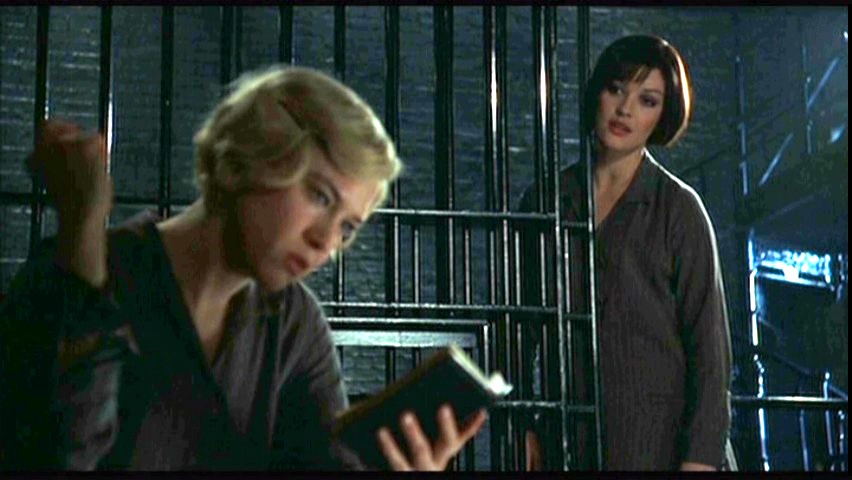
Oscar voters love a good musical, and that was made perfectly clear when Chicago won Best Picture against four better nominees. Rob Marshall’s movie was certainly flashy, but it had nothing on The Pianist and Gangs of New York.
You could argue that it had a leg-up on Lord of the Rings: The Two Towers and The Hours, but most people tend to agree that it was the weakest of the bunch. The win wasn’t a huge shock, but it still frustrated people, and it continues to frustrate people.
That’s basically why it’s on this list. While the win wasn’t necessarily a surprise, it was a bummer. People believed that even if the year wasn’t particularly strong, there were better movies. Over fifteen years later, people tend to have the same thoughts. 2002 wasn’t exactly a groundbreaking year for cinema, but it gave us better movies than Chicago. That’s probably why almost nobody talks about it anymore.
8. Driving Miss Daisy

Every now and then, the Oscars will pick a Best Picture movie that actually makes them seem “woke.” Moonlight and 12 Years a Slave, for example, seem earnest in their intentions. Unfortunately, voters usually opt for inauthentic movies that only appear to have something worth saying. That’s why they gave the Best Picture award to Driving Miss Daisy.
Let’s start by saying that it’s a little harsh to claim that movies like Driving Miss Daisy have bad intentions. Alfred Uhry and Bruce Beresford probably weren’t completely hellbent on making white people feel important. It’s also probably unfair to assume they only made this so they could win a few awards and feel successful. The issue is rather that the movie feels so artificial. It all seems like it was made in a laboratory that solely produces stale movies about race.
My Left Foot and Dead Poets Society would’ve been more creative picks, and they also would’ve been better picks. Driving Miss Daisy has become so polarizing since its release while My Left Foot and Dead Poets Society are still showered with praise. That has to mean something.
7. Forrest Gump
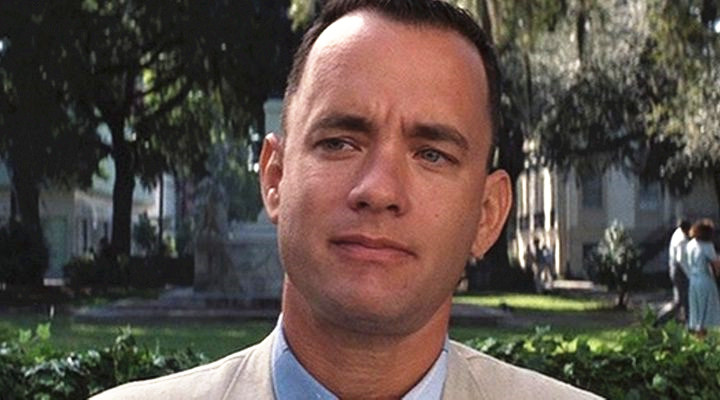
Forrest Gump is another one of those movies that people really, really love. It’s also one of those movies that has received unlimited backlash from critics. Today, it’s often viewed as a grossly sentimental drama with questionable themes. The eventual backlash coupled with the win against Pulp Fiction helps this movie land a spot on the list.
It’s odd to include Forrest Gump because, like Rocky, people tend to absolutely love the movie. That doesn’t mean its win isn’t controversial though. Beating Pulp Fiction and depriving Tarantino of a well-deserved Best Picture win isn’t going to go over well with a lot of people.
Similarly, taking on a topic like this and flubbing it won’t help you either. Popularity aside, this is still a movie that people talk about when it comes to undeserved Oscar wins, and that’s why it earned a spot on the list.
6. Green Book
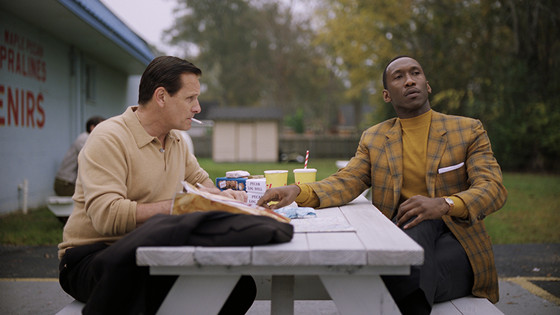
What an unpleasant surprise. Roma lost the big Oscar to this crowd-pleasing but overly sentimental piece of Oscar bait. Oscar analysts knew it was a possibility, especially considering the big PGA win. At the same time, nobody actually believed it stood a chance in a crowded field jam-packed with some excellent movies.
See, the problem isn’t just that Green Book beat out Roma for Best Picture. It’s that it won against Roma, A Star Is Born, The Favourite, and BlackKklansman. Considering the controversy surrounding Farrelly’s dramedy, people assumed one of the aforementioned movies could nab the top prize. None of them did, and people were less than pleased about it.
It’s an odd situation. Public opinion about Green Book has always very positive, but “film Twitter” and professional critics have grown to hate it. For the most part, the general public loves this movie, but the cinephiles of the world find it to be too safe of a Best Picture win. After the Academy promised a restructured body of voters, awards season obsessives were angry to see the same kind of movie winning yet again.
To them, it’s the same factory-produced, commentary-heavy race relations movie that doesn’t tackle its topic in a groundbreaking or innovative way. Spike Lee compared it to Driving Miss Daisy, another safe movie with a similar message. To be fair, the comparisons are warranted. There are more daring movies that could’ve taken home the big prize. It’s no wonder people haven’t been pleased with the most recent Best Picture winner.